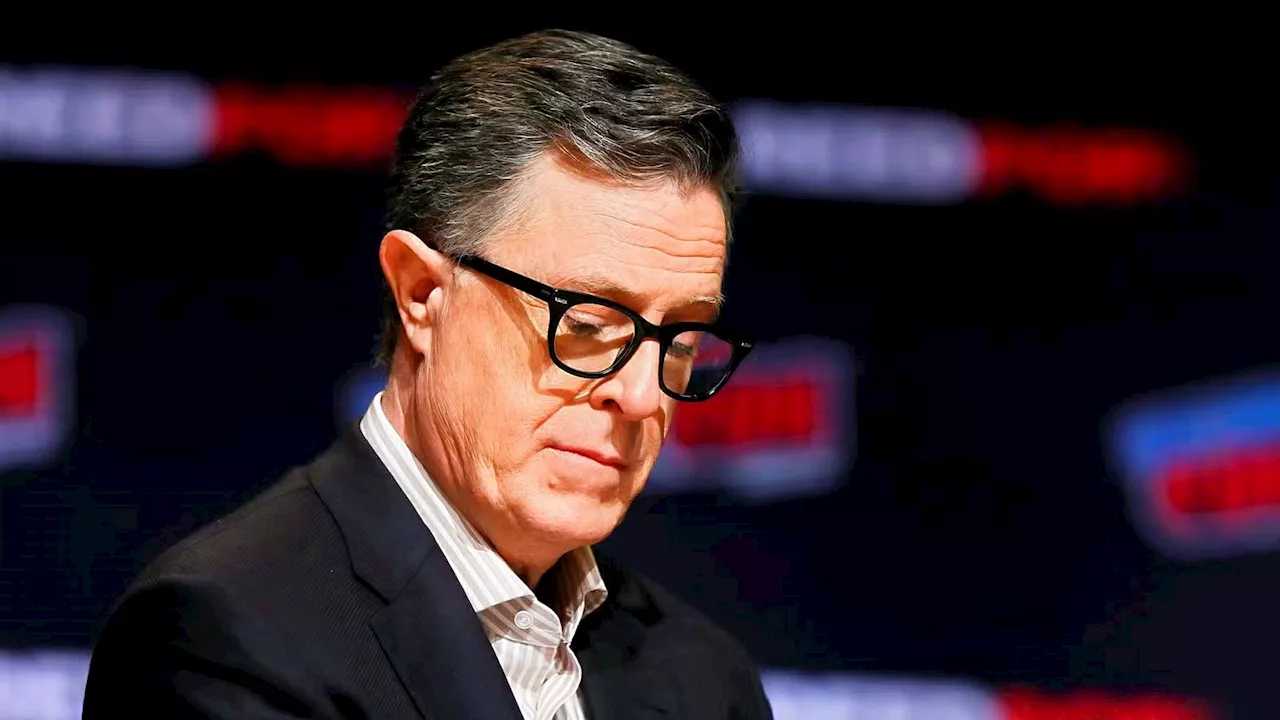Stephen Colbert has voiced strong support for public media as the sector grapples with significant funding challenges following budget cuts from the Trump administration. In a recent gala event, Colbert emphasized the critical role that public media plays in providing unbiased news and fostering community connections. The Stand With Public Media gala raised $1.7 million in support of these essential services, which have faced over $1.1 billion in federal budget reductions.
During the event, which took place in New York, Colbert and his wife, Evelyn McGee Colbert, were honored for their contributions to the media landscape. Colbert remarked on the uncertainty surrounding the future of public media, expressing hope that future administrations will recognize its value. He stressed the importance of public broadcasting in delivering diverse perspectives and maintaining community ties, particularly as many local newspapers have ceased operations.
In an interview with Variety, Colbert highlighted the unique position of public media in American society. He stated, “So many people value what public media can give them. In a lot of communities around the United States, public radio is the only local news.” His comments reflect the growing concern about the availability of reliable information, especially as federal funding becomes increasingly uncertain.
While Colbert remains optimistic, others in the industry are preparing for a potentially dire future. LaFontaine Oliver, president and CEO of New York Public Radio, conveyed a more cautious outlook. He indicated that the organization must anticipate a complete cutoff of federal funding, which could be permanent or last for an extended period. “We have to look for new revenue pathways,” Oliver stated. “We have to connect to our communities and audiences in different ways.”
The urgency of the situation is underscored by Oliver’s call for institutional funders and philanthropists to step in to support public media initiatives. He emphasized the need for innovation in monetizing content, stating that this period could lead to a “time of reinvention” for the public media system.
Colbert and his wife also noted that public media professionals are dedicated to delivering accurate news without the influence of corporate sponsors. This commitment to factual reporting has resonated with audiences; studies show that most Americans trust local radio and news stations more than larger for-profit networks. Colbert remarked on the importance of having spaces dedicated to unbiased reporting, asserting, “I think people in the public media space are telling us the facts.”
As the public media landscape continues to evolve, the support from individuals like Colbert is crucial. The ongoing efforts to secure funding and foster community engagement will determine the future viability of public broadcasting. With the stakes this high, the call to action from both Colbert and industry leaders emphasizes the need for collective efforts to ensure that public media can continue to serve its vital role in society.
